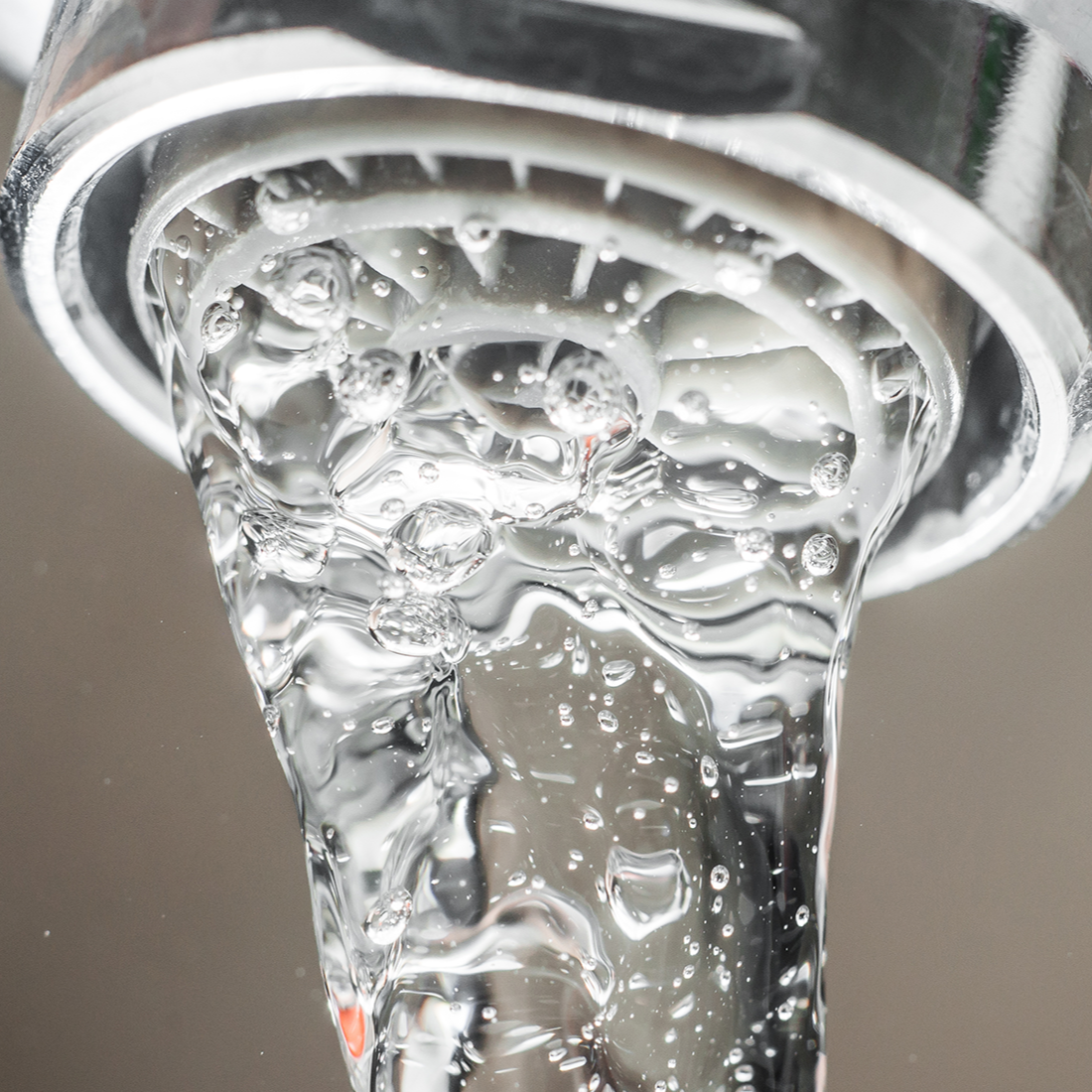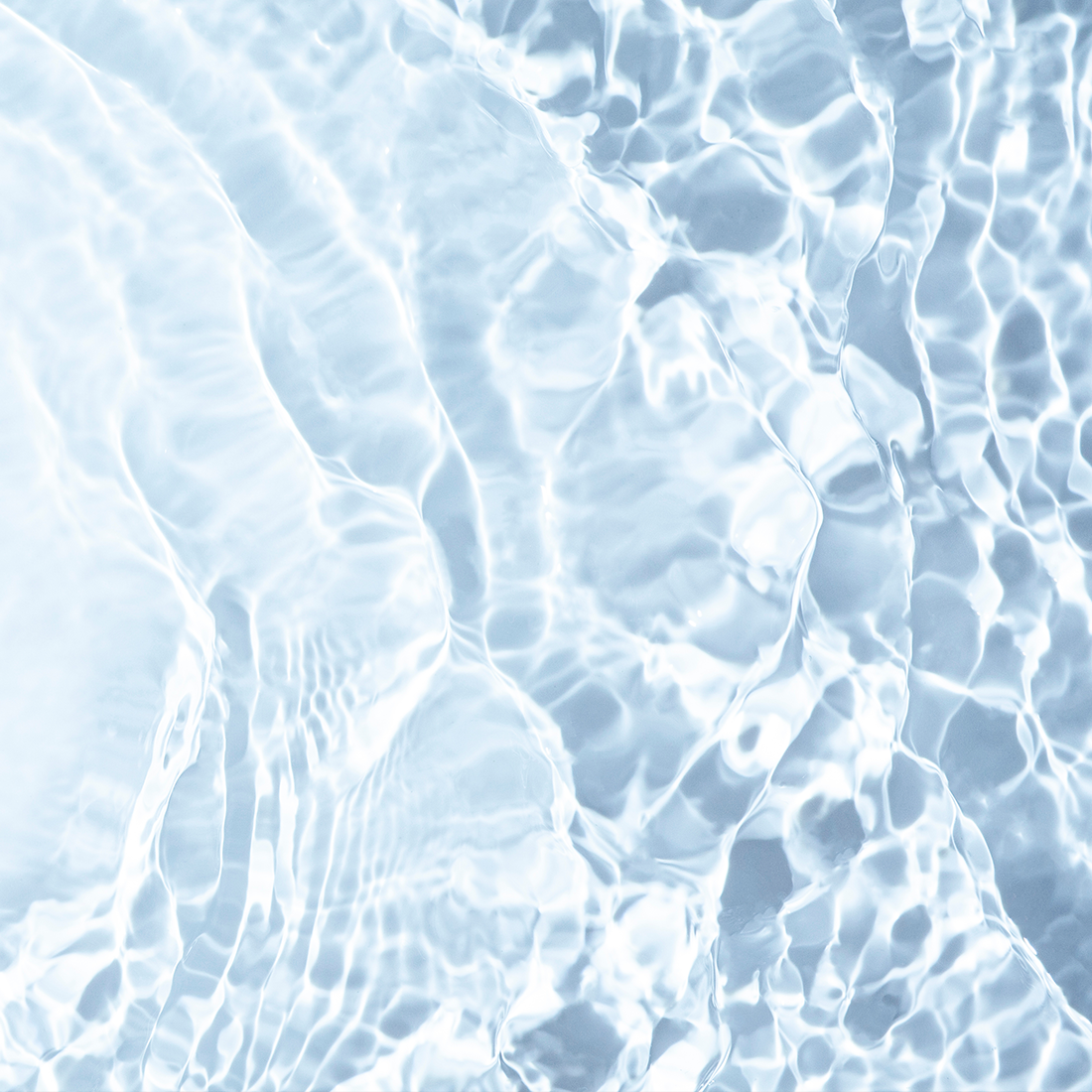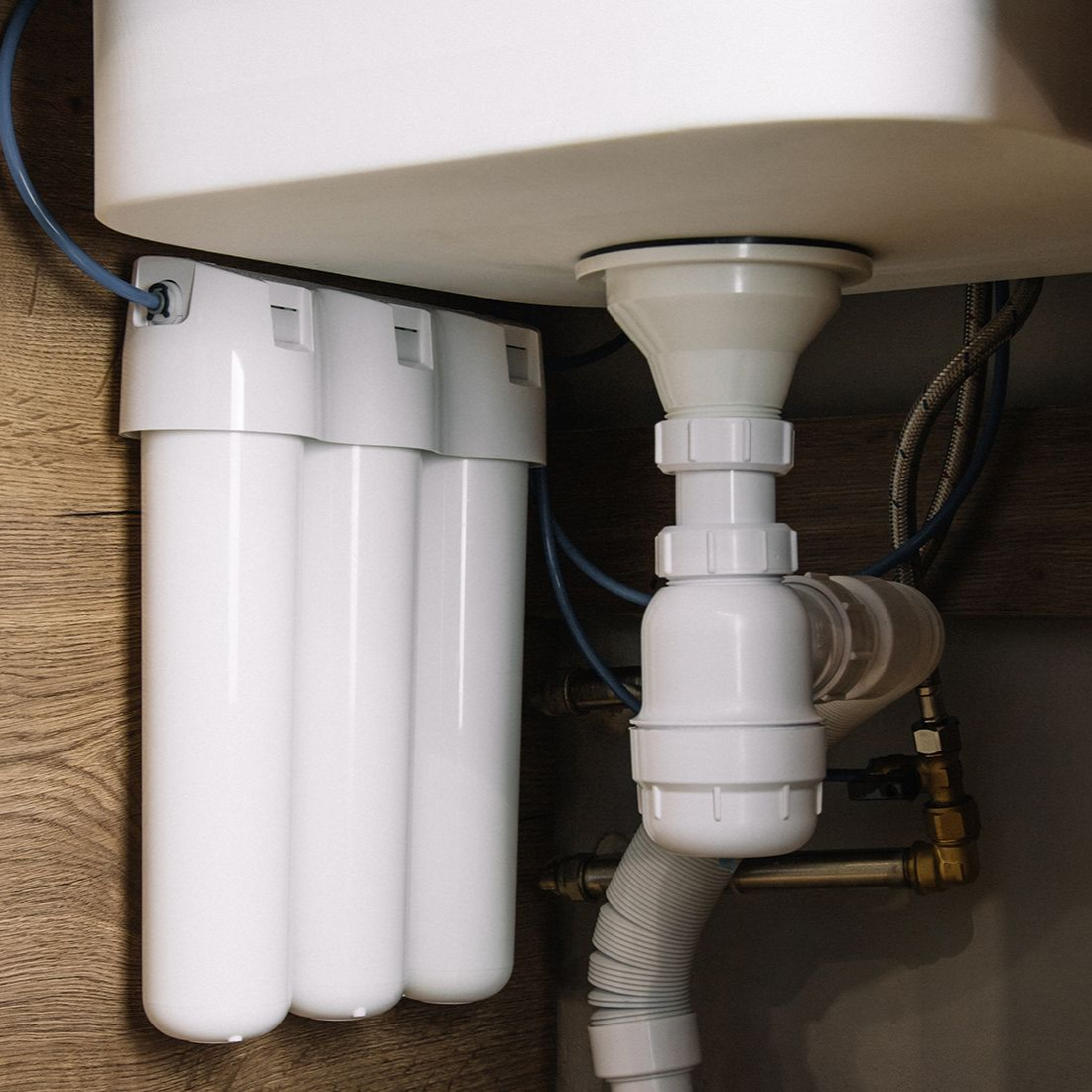Save Money

Helping You Save Money in Your Home
Hard water can cost you hundreds of dollars each year! Water softeners save so much money that they pay for themselves in the end. You will be saving money by taking care of your fabrics and reducing your energy bills.
By softening your water, you could:
- Buy Less Soap, Detergent, & Household Cleaners
- Replace Clothes & Fabrics Less Often
- Reduce Your Fuel & Electricity Bills
- Extend Life of Appliances, Plumbing, & Fixtures
Buy Less soap, detergent, shampoo & House Hold Cleaners
When you use soft water, you will need to use less of your cleaning agents. There are two main reasons for this:
- The hardness in water counteracts the alkalinity of a cleaner, such that some of the cleaner combines with the minerals in hard water to form a build-up. The amount of the cleaner that combines with the hardness minerals doesn’t lather or dissolve. Because less of the soap/shampoo/detergent lathers and dissolves, more is required.
- The build-up itself requires cleaning off (of your skin, hair, tub, appliances, etc.) so even more of the cleaning agent is required!
These factors have a big effect on your wallet! In fact, a study conducted by the American Institute of Laundering determined that detergent and laundering costs can be twice as much in hard water as compared with soft water.
Replace Clothes and Fabrics less often
A Purdue University study found that, by washing in hard water:
- Colors fade faster.
- Whites darken or yellow faster.
- Fabrics aren’t as soft; they stiffen.
- Laundry doesn’t get as clean.
- Laundry resoils with greater ease.
- Fabrics wear out up to 15% faster.
This is probably from residue in the fabric that stiffens it, increasing friction and wear on the fabric as it flexes. The increased wear-and-tear that fabrics washed in hard water suffer may also be because the effectiveness of detergents – which help lubricate fabric and prolong its life – is reduced by hard water.
All of this means you’ll need to replace your clothes, bedding, towels, and other fabrics much more often.
Reduce your fuel and electricity Bill
There are several important ways softening your water will reduce your energy bill:
- You’ll use less energy to heat by reducing scale on the heat source. When hard water is heated, certain minerals in it (calcium and magnesium) are deposited on the heat source, coating it. This build-up makes the appliances that heat the water much less effective. The scale doesn’t conduct heat well; it actually insulates the water from the heat source. So to heat the water, you first have to heat the scale that’s built up. That requires much more energy. In fact, gas water heaters that used hard water took 30% more Btu’s than those used with soft water to provide the same amount of hot water. Electric water heaters used with hard water took 22% more Btu’s than those used with soft water to provide the same amount of hot water. Imagine the savings from softening your water! Any appliance that uses hot water (e.g. your washing machine, dishwasher, refrigerator, hot water tank/water heater, electric shower, iron, kettle, coffee maker, etc.) is affected.
- Interestingly, even once scale is removed from appliances, those appliances that use hard water still consume more energy. Those appliances that used hard water still consumed 25% more energy than their soft water counterparts. Hard water electric units consumed 7% more Btu’s than the soft water units.
- Hard water reduces the cleaning ability of soap, detergents, and other cleaning agents. It also hampers rinsing. Hotter water (and extra wash and rinse cycles in your washing machine and dishwasher) may be required to clean. This translates into more energy – and more of your money – wasted.
Extend Life of appliances ,Plumbing & Fixtures
There are several ways in which hard water will cause you to have to replace your appliances, plumbing, and fixtures earlier than you should have to:
- Appliances have to work harder and more often with hard water, and thus will have to be replaced sooner. Hard water forces you to run extra wash and rinse cycles in your washing machine and dishwasher. Likewise, hard water forces you to use appliances that heat water longer because it takes longer to get through the scale to heat the water.
- Scale insulates the heat source of any electric heating elements in your home. The insulating scale will cause appliances to overheat – and have to be replaced.
- Calcium and magnesium deposits can build up in pipes, decreasing your plumbing system’s performance. Eventually, pipes can become completely clogged.
- The build-up of deposits from hard water causes excessive wear on moving parts, causing premature failure of appliances.
- The effects of hard water are serious. A study by the American Water Works Association (AWWA) found that washing machines used with hard water can wear out up to 30 percent faster. This means that a washing machine that should last 10 years will last only 7 years when hard water deposits form in it.
Related
Contact Us
Send Us A Message
In Water Genius we keep your water safe!


